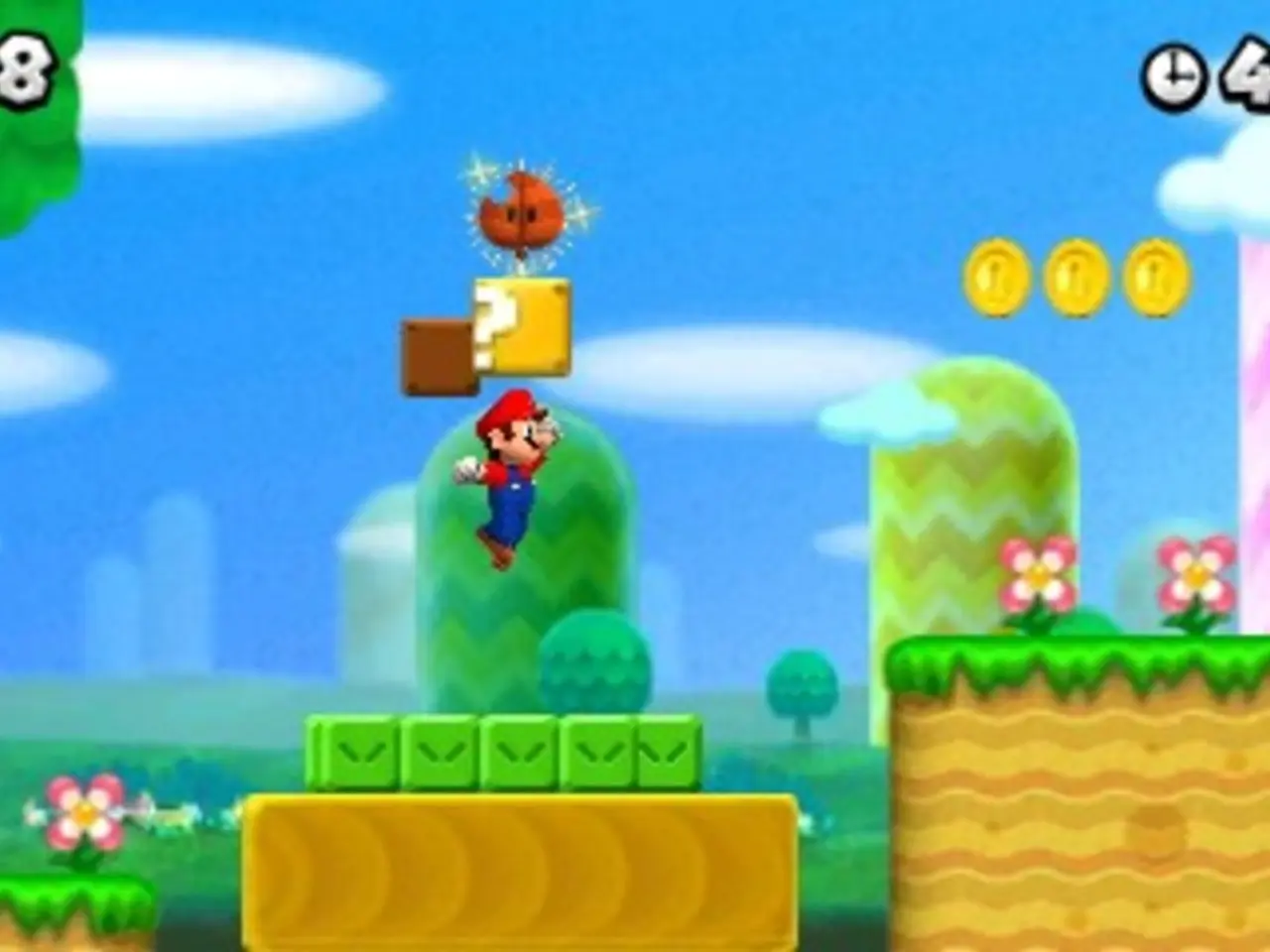Gaming Company Maverick Faces Bankruptcy Amidst Speculations of Association with Investors HG Vora
In the tightly regulated and high-stakes gaming industry, the impact of investment firms on operators' decision-making processes is being closely examined. This scrutiny has been heightened following the bankruptcy of Maverick Gaming, a prominent gaming operator, in July 2025.
Maverick Gaming, known for its hundreds of gaming tables and thousands of slot machines, entered Chapter 11 proceedings with assets and liabilities between $100 million and $500 million. The company's downfall has been attributed to a combination of factors, including macroeconomic shocks, intense tribal gaming rivalry, and its own aggressive expansion strategy.
One of the key players in this saga is HG Vora Capital Management, a prominent player in the gaming and hospitality industries. HG Vora supplied crucial initial financing to Maverick Gaming, enabling the company's rapid expansion through acquisitions of card rooms and regional casino assets in Nevada, Washington, and Colorado.
Industry insiders and confidential sources suggest that HG Vora influenced Maverick towards high-risk strategies that strained the company's finances. One such strategy was the sale-leaseback financial arrangement, which reportedly added burdens to Maverick's already stressed balance sheet. This arrangement, advocated by HG Vora, is believed to have contributed to the company's overextension and eventual bankruptcy.
Maverick's founder, Eric Persson, admitted that HG Vora had retained some involvement, participating in a Deutsche Bank refinancing round before the bankruptcy. However, the exact extent of HG Vora’s responsibility in Maverick’s bankruptcy remains unconfirmed, with ongoing debate over the degree to which the investment firm influenced strategic decisions and financial outcomes.
S&P Global Ratings flagged Maverick's debt position as precarious by mid-2024, highlighting the hectic pace of acquisitions and accelerating operating costs as factors contributing to a shaky financial base for the company. The future of Maverick remains uncertain, with creditors and regulators likely to carefully examine how investment firms could influence the decision-making process of gaming operators.
As HG Vora Capital Management faces potential legal challenges from PENN Entertainment, the alleged involvement of the investment firm in Maverick's financial issues could further influence its growing infamy in the gaming industry.
References: [1] "Maverick Gaming Files for Bankruptcy Protection." CDC Gaming Reports, 28 July 2025, www.cdcgaming.com/maverick-gaming-files-for-bankruptcy-protection/. [2] "HG Vora's Role in Maverick Gaming's Downfall." Gaming Intelligence, 15 Aug 2025, www.gamingintelligence.com/news/83582/hg-vora-s-role-in-maverick-gaming-s-downfall. [3] "Maverick Gaming's Bankruptcy: A Look at the Factors Involved." Casino.org, 30 July 2025, www.casino.org/news/maverick-gaming-bankruptcy-factors-involved/.
HG Vora Capital Management, a notable player in the gaming and hospitality industries, supplied initial financing to Maverick Gaming and influenced the company towards high-risk strategies, which reportedly added burdens to Maverick's already stressed balance sheet. The financial arrangement called sale-leaseback, advocated by HG Vora, is believed to have contributed to Maverick's overextension and eventual bankruptcy.




